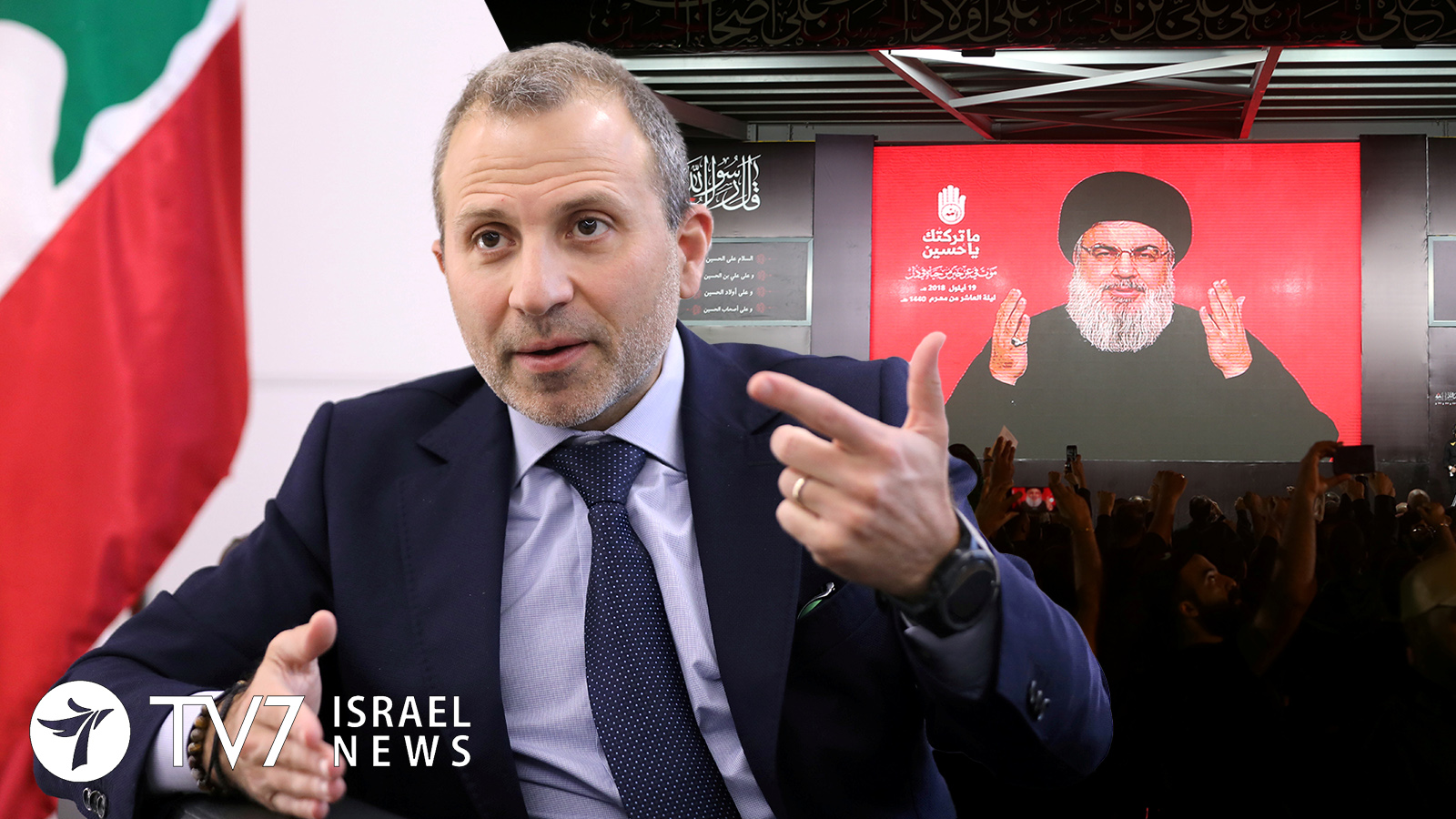Lebanon’s largest Christian political bloc has ruled out joining the next government led by Prime Minister-designate Saad al-Hariri.
Gebran Bassil, who leads the Free Patriotic Movement and is the son-in-law of President Michel Aoun, announced that the decision was made not join the cabinet as long as Hariri insisted on choosing all ministers.
“We don’t entrust Hariri alone with reform in Lebanon,” Bassil declared in a televised speech. “In short we don’t want to take part in this government.”
He said Hariri did not appear to be serious about forming a government: “Every time he meets the president he takes a different line-up with him,” Bassil said. “Someone who does that is serious and wants to form a government? Or is wasting time?”
It should be noted that Bassil was targeted by United States imposed sanctions in November on allegations of corruption allegations – which he denies, and for ties to the armed Iran-backed Shi’ite Muslim Hezbollah terror group.
Hariri’s Future party responded by saying it does not want to be dragged into political bickering and that the government line-up is ready and waiting to assume its duties.
“It will be a government that will take up the necessary reforms according to the French initiative and not according to sectarian and racist ‘Bassil-like’ considerations,” read a statement issued by the party.
Lebanon’s politicians have been at loggerheads over the new administration since the previous government resigned en masse in the wake of the 4 August Beirut Port explosion – which has left the country without leadership as it sinks deeper into economic crisis.
Hariri emerged as the sole candidate for the post following weeks of political wrangling. Along with the Free Patriotic Movement, the country’s second largest Christian alliance and staunch Hezbollah opponent, The Lebanese Forces, also declined to nominate him. Hariri also failed to garner endorsement of Hezbollah, Lebanon’s most powerful party, even though it had joined his last coalition.
Hariri was nevertheless approved by a majority of parliamentarians, including his own Future Movement, the Shi’ite Amal party, Druze politician Walid Jumblatt’s faction and other small blocs.
Lebanon is grappling with a deep economic and financial crisis, its worst since the 1975-1990 civil war, that has hammered the currency, spread poverty and prompted a sovereign debt default.
After being named premier for a fourth time in October, veteran Sunni Muslim politician Hariri has pledged to form a cabinet of specialists to enact reforms necessary to tackle the country’s worst crisis since its 1975-1990 civil war, saying, “I tell the Lebanese who are suffering from hardships to the point of despair that I am determined to work to stop the collapse that is threatening our economy, our society and security.”
Hariri also vowed to form a cabinet of specialists that would enact economic and financial reforms set out in a proposal by French President Emmanuel Macron to qualify for foreign aid. Former colonial power France has tried rallying Lebanon’s sectarian leaders, but has been frustrated by the apparent lack of urgency or progress. The returning Lebanese Premier, who has long been aligned with Western and Gulf states, has presented himself as the “natural candidate” to build a cabinet to revive the French roadmap, which calls for long-neglected reforms and the resumption of talks with the International Monetary Fund.
The latest move by the Christian bloc has created a new hurdle to free the country from political paralysis. Fractious sectarian politics must be overcome in order to reach agreement on the country’s next cabinet, which faces a rising list of challenges to resolve the banking crisis, currency crash, soaring poverty, national debt and a surge in coronavirus infection rates.
Lebanon’s parliamentary democracy is based on “confessionalism,” which requires the assignation of high-ranking offices are reserved for members of specific religious groups. The premiership must be held by a Sunni Muslim, the presidency by a Maronite Christian, Deputy Premier and Eastern Orthodox Christian, Speaker of the Parliament a Shi’ite Muslim and his deputy an high-ranking offices are reserved for members of specific religious groups. This governance system has typically enabled sectarian parties effective veto power over cabinet formation.
Meanwhile, Hezbollah leader Sayyed Hassan Nasrallah condemned recent events in the United States, saying that the storming of the U.S. Capitol by President Donald Trump’s supporters on 6 January following a rally at which Trump spoke reveals that the president is ready to kill his own citizens to maintain power.
Five people including a Capitol Police officer died and dozens more were seriously injured in the riots.
“The Americans themselves felt the results of Trump’s policies and his willingness to kill even Americans; and he was also killing them in the past year during the protests, for power, and we have been warning about the policies of this killer,” said Nasrallah in a televised address.
“The nuclear button is in the hands of a crazy fool called Trump,” the leader of the Iran-backed organization insisted, adding, “God has protected the world and its people during the past four years and we have to ask him and pray for him for the remaining days until January 20th” when President-elect Joe Biden is inaugurated.
There have been increasing tensions between the United States and Iran in the last days of Trump’s administration, which coincides with the anniversary of the U.S. killing of top Iranian General Qassem Soleimani.
The Hezbollah leader said Trump’s incitement to violence in Washington, D.C. “is a small example of what Trump has committed in his four years in several other countries.”
Turning to the Beirut Port blast, Nasrallah continued to maintain innocence in involvement. He questioned whether it was “an aggressive act of sabotage” or “neglect,” and said that “the parents of 200 martyrs” should know how their children died five months ago.
